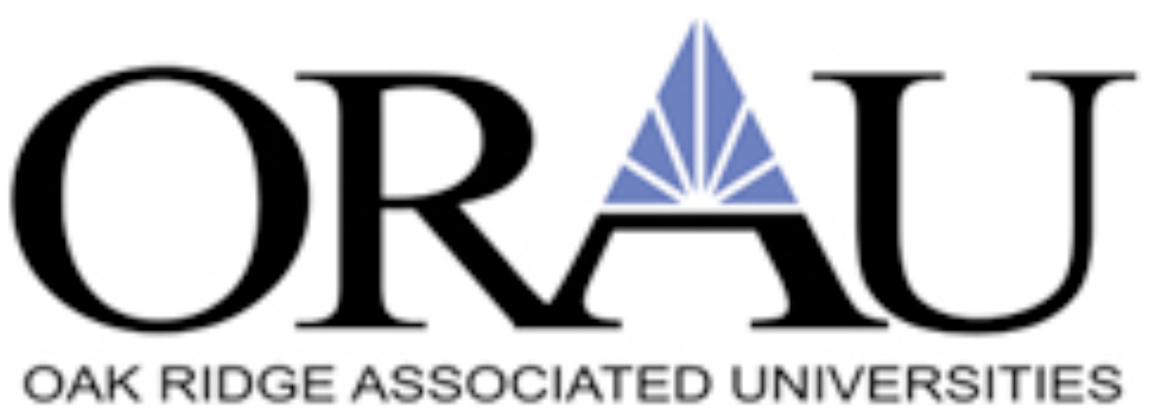Tennessee University-Business Showcasse: Creating Successful Innovation Hubs
Creating Successful Innovation Hubs
Moderator: Sean Shappard, Co-Founder, GrowthX
Panelists: Dennis Lower, President, Cortex (St. Louis); Bryan Ritchie, President and CEO, Innovation Park Notre Dame; Tom Chamberlain, President and CEO, EdLogics, and Remy Szykier, Managing Partner, Aegis Health
Creating Successful Innovation Hubs, presented by Global Action Platform in partnership with Vanderbilt University, Oak Ridge Affiliated Universities, and ATT, provided an in-depth look into three innovation hubs--Cortex in St. Louis, Innovation Park at the University of Notre Dame, and an emerging new hub in Hampton Roads, Virginia. The program was designed to showcase an emerging (Hampton Roads), a mid-career (Innovation Park), and a mature innovation hub (Cortex).
The Presidents and key leaders involved in these projects highlighted how the innovation hubs they lead were created, what challenges they faced, and lessons learned. The panel also made recommendations for the development of the Middle Tennessee innovation hub through Global Action Platform’s university-business partners at oneC1TY.
The Showcase continued and expanded the 2017 Global Action Summit discussion on innovation hubs led by Bruce Katz and others. This remains a critical economic issue for cities, as Katz has recently written—
Eight years of recovery and a remarkable resurgence in their downtowns and midtowns have given leaders a sense that they are “back” and that the need for any dramatic economic development move is not warranted. This obviously lessens the willingness to do the hard organizing and civic risk taking required for major initiatives. But that complacency does not always square with data regarding global competitive advantage, income growth, and fiscal condition. Yes many cities that were in decline for decades are now growing in terms of population and jobs, but they are still nowhere near where they need to be. And many other cities have either very uneven growth, or continue to decline, despite their prevailing narrative.
This Showcase provided an opportunity for university, business, investor, and civic leaders to understand the critical need for investment and strategic cross-sector support for an innovation hub in Middle Tennessee to assure the long term economic vitality and shared prosperity of the region.
Key Recommendations for the Nashville Innovation Hub
A neutral convening NGO is critical to convening the necessary organizations and facilitating/sustaining the innovation hub strategy
Duplication of effort in a region is damaging and hinders innovation hub development
Innovation hubs are program-driven, not real estate driven
Hubs should engage all the universities, investment funds, and key business start-up organizations of a region, as well as connect with law firms and public and private economic development organizations
Innovation hubs need to be led from the private sector through a nonprofit, with government playing a support role
Innovation hubs are like racing pit crews for emerging innovation businesses and clusters
The goal of an innovation hub is to accelerate the creation of regional innovation clusters with global markets
To start an innovation hub, first steps should focus on doing an objective inventory of the region's assets and gaps, then creating action plans to build on the assets and fill in the gaps
Innovation hubs need a full pipeline of capital--from concept to Series A--capable of serial investments in multiple emerging clusters
Alignment of local capital with emerging innovation is a priority, but it is often difficult to achieve
Details on the three innovation hubs are provided on the PowerPoint deck below:
.001.jpeg)
WITH SPECIAL SPONSORSHIP SUPPORT FROM


EVENTS
Tennessee University-Business Showcase: International Business Research and Workforce EducationApril 19, 2018